Who needs sun protection? Spoiler: everyone. Everyone who wants to keep their skin healthy and firm for as long as possible.
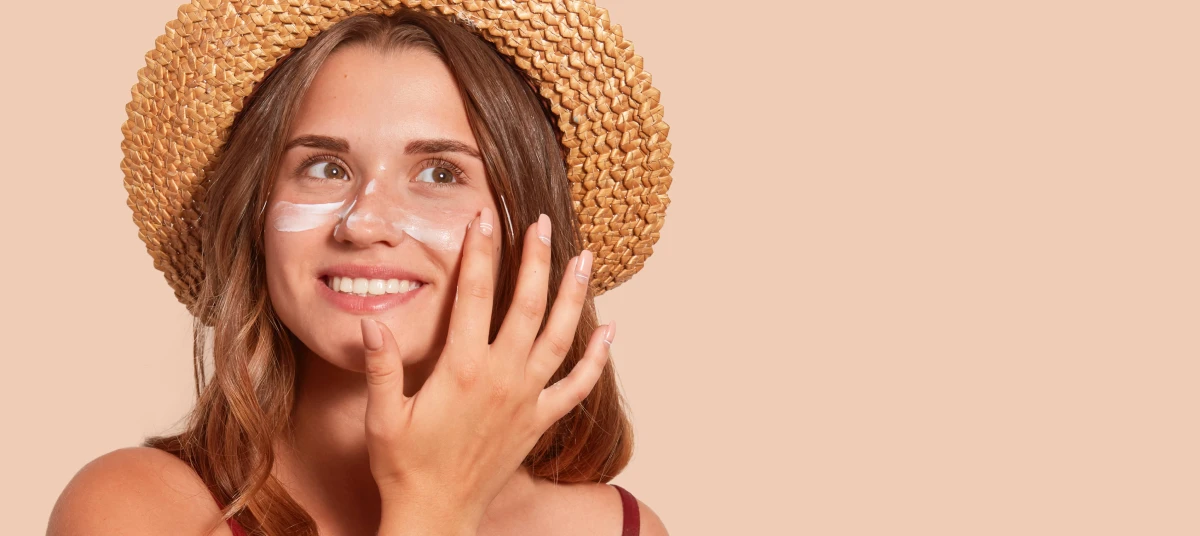
Why Sun Protection is a Must-Have 365 Days a Year
“Why do I need sun protection if it’s cloudy outside?”
“Why do I need sun protection if I like to tan?”
“My foundation has SPF, so I don’t see the need for a separate product.”
Oh yes, despite the fact that everyone is talking about the harmful effects of the sun, the topic of sun protection and its proper use remains crucial.
In this article, we will answer all your “why?” questions and help you become friends with sun protection.
How Does the Sun Affect Your Skin?
The sun can significantly improve your mood and promote the production of vitamin D, but it has a highly negative effect on skin health.
The first and most obvious effect is sunburn. Many people use sun protection only in the heat when the sun is scorching, just to avoid burns, thinking that this is the only harm that the sun’s rays can cause. Unfortunately, this is not the case.
Less obvious but much more serious “gifts from the sun” include:
- Photoaging: Under the influence of UV rays, the skin loses elasticity, wrinkles, spots, and dryness appear.
- Pigmentation: UV radiation stimulates the production of melanin in the skin, which can lead to the appearance of age spots.
- Weakened immune system of the skin: Prolonged exposure to UV rays weakens the skin’s immune system, exacerbating dermatological diseases.
- Skin cancer: DNA damage caused by UV radiation can lead to the development of various types of skin cancer.
Do you still have doubts that protecting yourself from the sun is a necessity and not a marketers’ whim?
Why Sun Protection is Needed All Year Round
Oh yes, protection is needed not only in summer during vacation but even in rain/snow, cloudy weather: always, when it is light outside.
Here’s why:
- There are two types of ultraviolet radiation: UVA and UVB. It is UVA rays that are the most dangerous: they cause photoaging, pigmentation, and cellular changes. UVA rays are active all year round, regardless of the weather, and can penetrate through clouds and windows. UVB rays, on the other hand, are responsible for tanning and burns and are less active when it’s cloudy.
- In fact, UVA rays are the invisible and very dangerous enemy that slowly and imperceptibly kills your skin’s health. So the least you can do for your skin is to incorporate sunscreen as a mandatory part of your morning routine.
How to Choose a Sunscreen: Chemical and Physical Filters?
Chemical Filters
If you like light, weightless textures, wear makeup, and cannot reapply protection every few hours, your choice is chemical filters.
Pros: Creams with chemical filters are usually comfortable for the skin, do not weigh it down, and do not leave white marks.
Cons: They can cause irritation in sensitive and problem-inflamed skin. They should not be used by children, and they are not the best option for a vacation.
Examples of chemical sunscreens:
- Missha All Around Safe Block Essence Sun SPF45/PA+++: A light essence that provides reliable UV protection while moisturizing the skin.
- Dr. Ceuracle Cica Regen Vegan Sun Gel SPF50+/PA++++: A weightless sun gel with centella asiatica extract that perfectly soothes the skin.
- Beauty of Joseon Relief Sun Rice Probiotics SPF50+/PA++++: A sunscreen with probiotics and rice extract that wonderfully moisturizes and supports the skin microbiome.
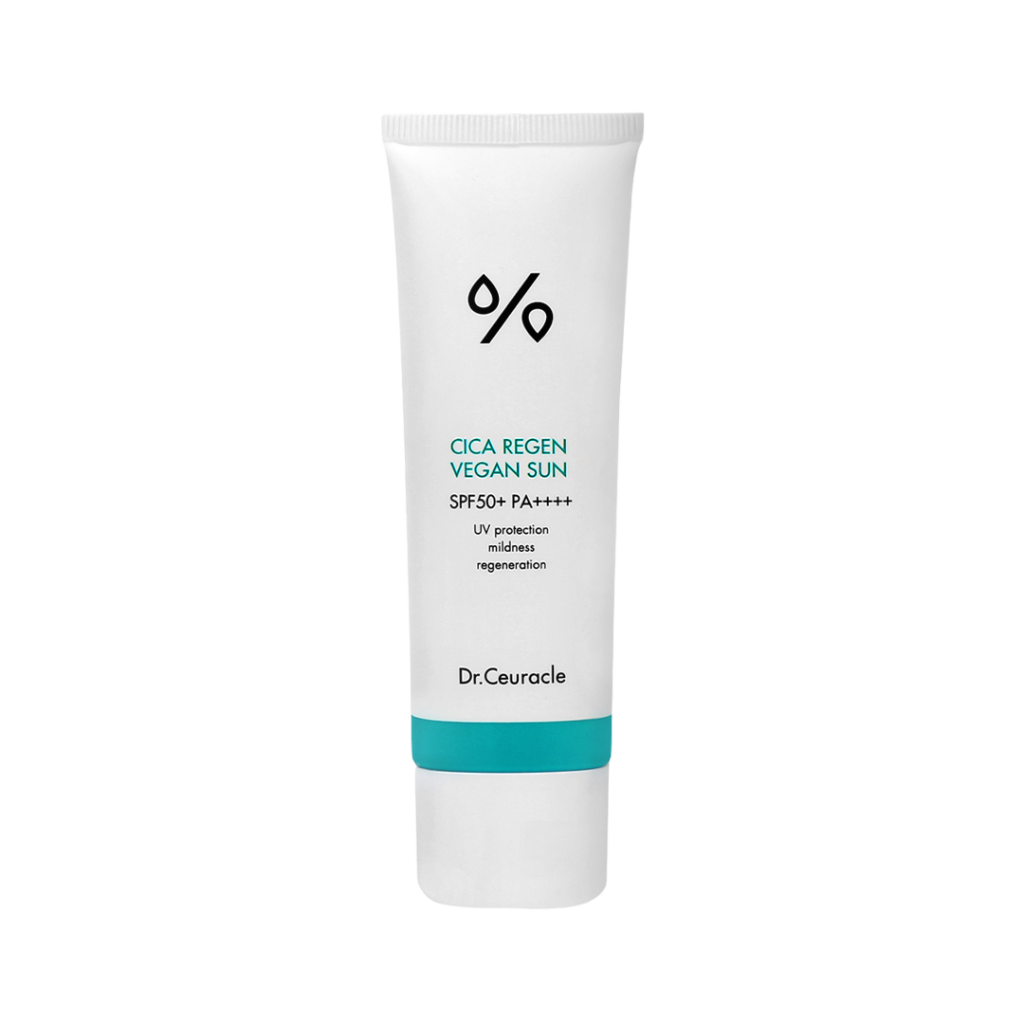
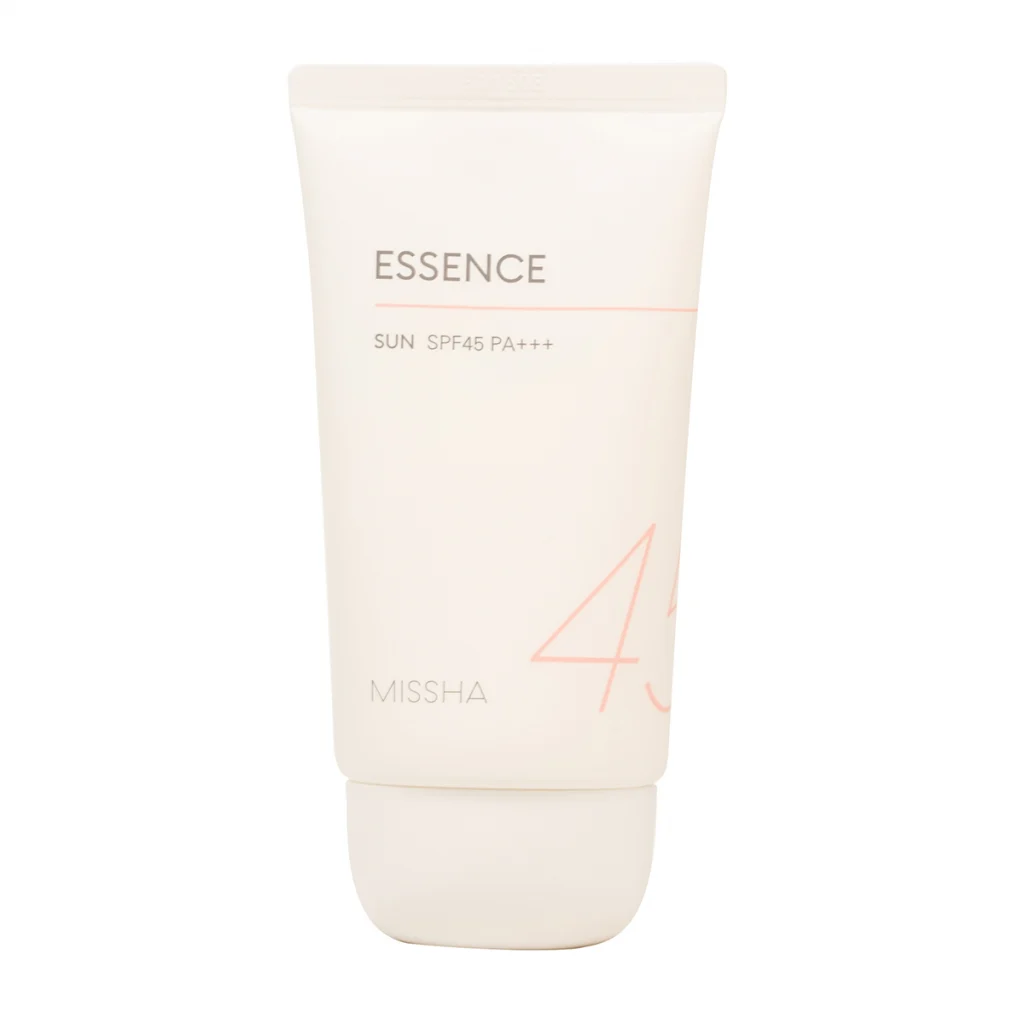
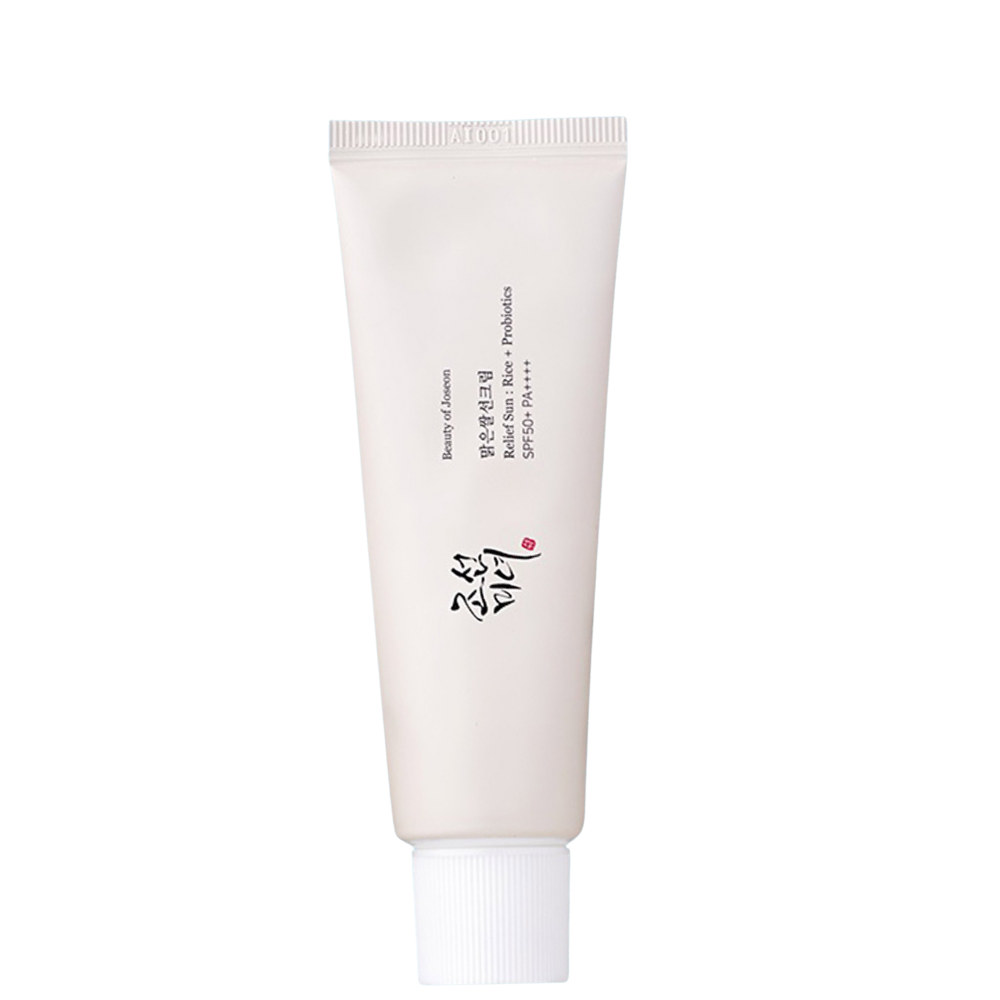
Physical Filters
Physical filters work as a barrier, reflecting UV rays from the skin’s surface. You can easily find them in the composition: Zinc oxide and Titanium Dioxide.
Pros: Suitable for sensitive skin, skin with rosacea and inflammations, pregnant women, and children. They are also the best choice for a beach vacation.
Cons: Require reapplication every two hours and can leave a white cast.
Examples of mineral sunscreens:
- Dr.Ceuracle 5α Control No Sebum Sun Lotion: A lotion that controls sebum production, suitable for oily and acne-prone skin.
- Super Air Fit Mild Sunscreen Matte – SPF 50+/PA++++: A sunscreen with a mattifying effect that will appeal to oily skin.
- Village 11 Factory daily mineral tinted sun lotion spf 50+ pa++++: An ultra-light lotion with a tinting effect that nicely evens out the skin tone and can replace a foundation.
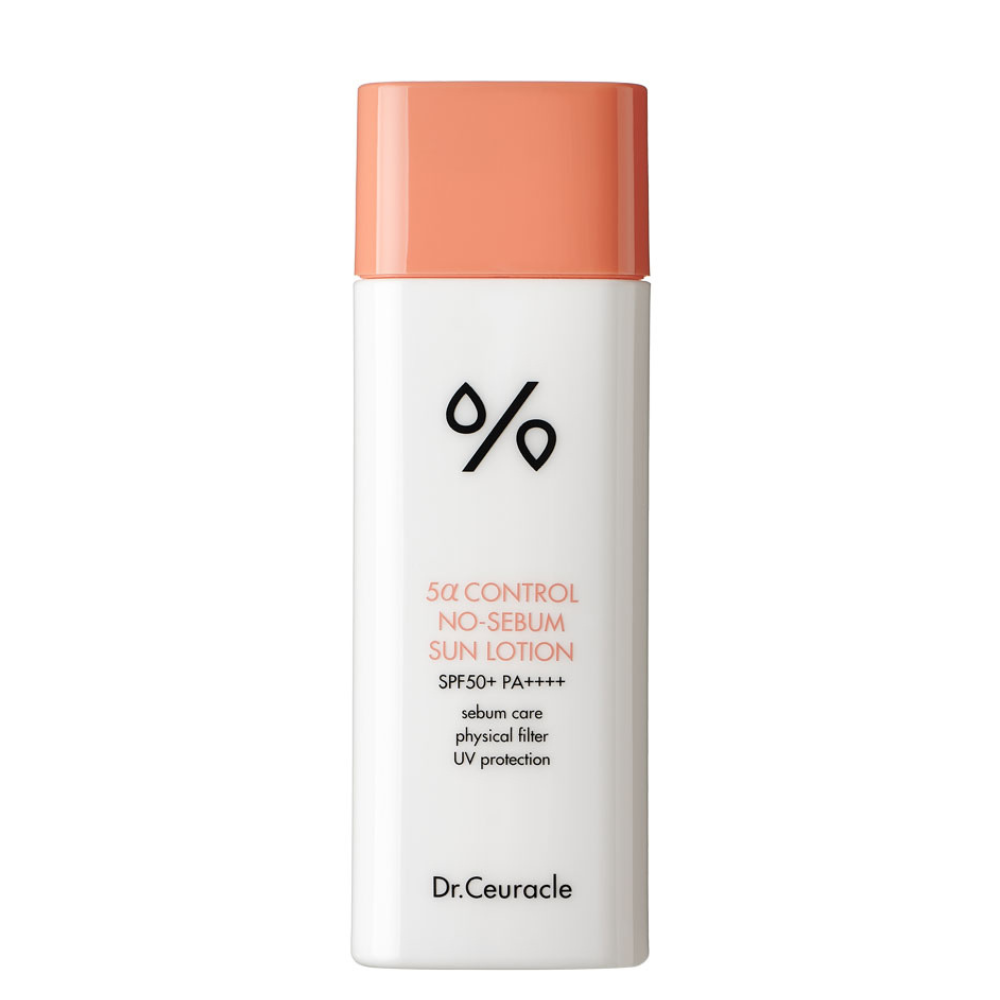
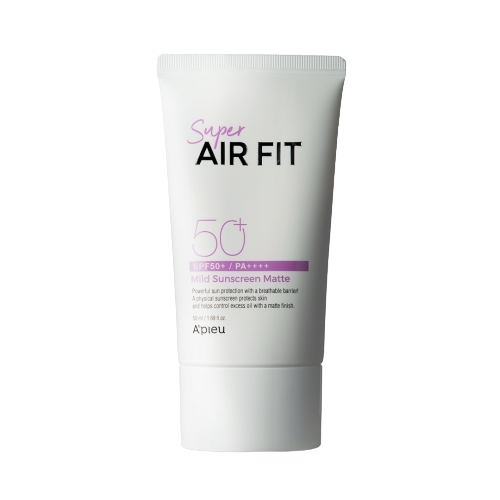
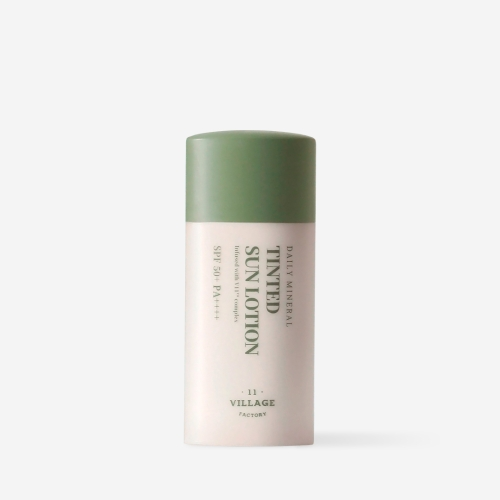
How to Use Sunscreen Properly?
To get adequate protection from UV rays, sunscreen must be used correctly.
Remember the right amount. Most people apply too little sunscreen, making it ineffective. The right amount is 2 ml (half a teaspoon or two fingers) for the face and neck area and separately for each other open area.
Apply in advance. Apply sunscreen 15-30 minutes before going out in the sun.
Reapplication. Reapply after swimming, excessive sweating, or towel drying. Physical filter sunscreen needs to be reapplied every 2 hours.
Don’t forget hard-to-reach places. Ears, the back of the neck, the tops of the feet, and other areas are also exposed to the sun and need protection.
Use additional protective measures. Closed clothing, hats, caps, and sunglasses are also UV protection and should not be neglected.

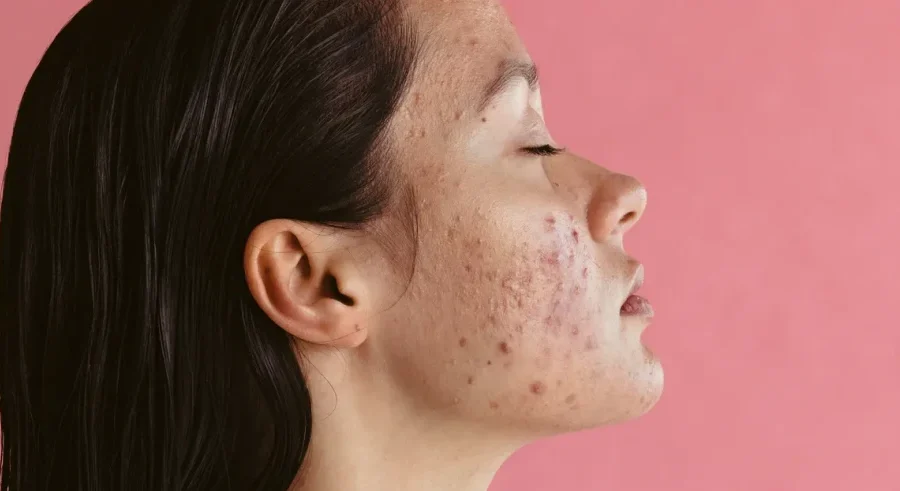
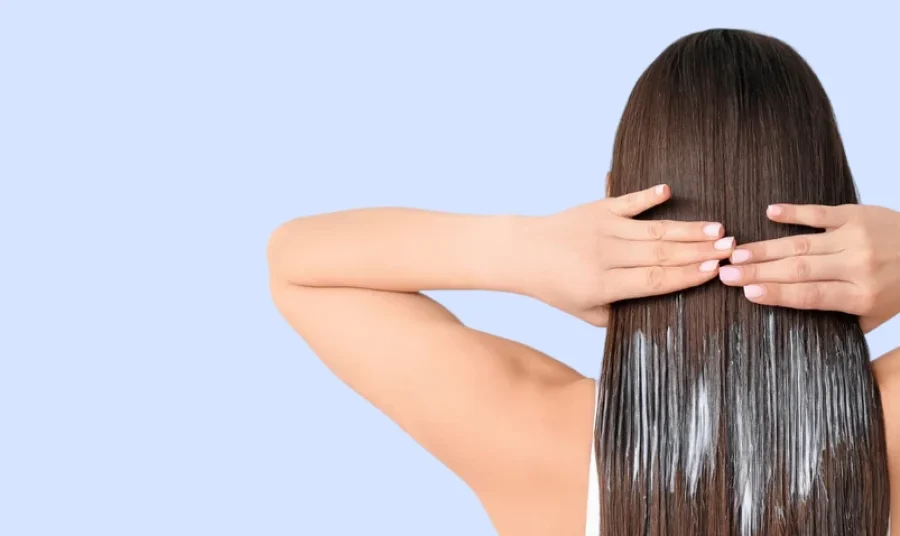
4 Comments